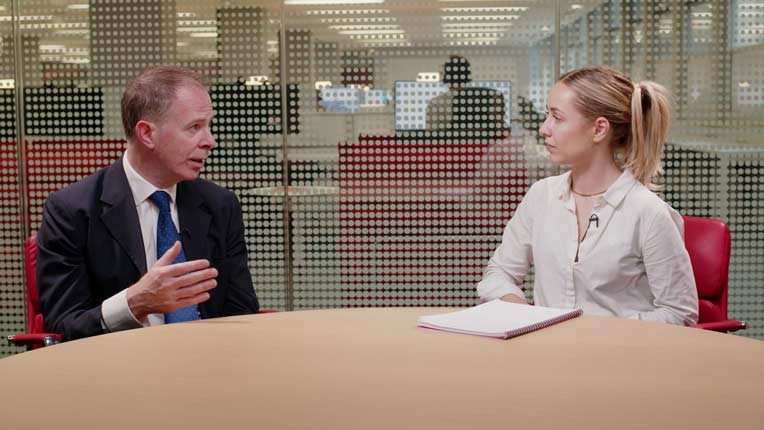Boom and bust in an economy is as inevitable as death and taxes - despite Gordon Brown's best intentions. Stock market fluctuation is just as dependable – it is the law of investment gravity, what comes up must come down.

Fundamentals have not changed - the long term case remains

Which is why experience matters when it comes to fund management. Stock market cycles can vary in length dependent on resources, politics and even weather. Until a fund manager has experienced their first bear market, they are arguably just paddling downstream.
Emerging markets experience more acute cycles than those in developed nations, and recent market jitters have put private investors off in their swathes.
“In the developed world governments do not allow countries to complete an economic cycle – in emerging markets they still have proper boom and bust,” said emerging markets fund manager Simon Pickard of Carmignac.
But this is not the first crisis emerging markets have faced in the past 20 years. In 1997, Indonesian, South Korean and Thai stock markets were battered in the Asian financial crisis, and slightly further back Latin America experienced a debt crisis in 1982.
For managers such as Hugh Young, who has run the Aberdeen New Dawn (ABD) investment trust since 1989, recent volatility is simply a bad case of déjà vu. According to Morningstar Direct, Young is one of the longest serving investment trust managers in the business – and his fund is rated Gold by Morningstar analysts.
“Having invested for this long makes you fairly sanguine,” says Young. “The general downward movement of emerging markets at the moment is nothing special – it is certainly nothing like the Asian financial crisis.”
Fifteen years ago when the Asian financial crisis was in full swing both consumers and corporates were acting recklessly.
“Everyone was building hotels and apartment blocks because their neighbours were also doing so,” says Young. “There is none of that mania in Asia today.”
Young is relaxed about investment horizon for emerging markets.
“Fundamentals have not changed. It doesn’t take much to cause market fluctuation in emerging nations, markets are thin. Quantitative easing from the US pushed markets up and now tapering is pushing markets down – this is an external factor. The long term case remains. In a way it feels like an artificial crisis.”
Last year – just as UK investors were pulling cash out of emerging markets, US investors were pouring cash in.
Private banks, sovereign wealth funds and pension funds could not get enough of emerging markets a couple of years ago, but now they have fallen from favour. Instead developed markets, and in particular the US are preferred.
Young says that investors are in danger of making the false distinction between emerging and developed markets.
“Speak to any major US corporate and they remain positive on emerging markets,” he said. “Developed market cash is spent on emerging market produce and vice versa. There is no longer any distinction. What is more interesting is on a price earnings basis Chinese stocks are cheaper than US companies.”
Young admits that there is a downside to having seen it all before – that is you can become complacent about market fluctuations, and risk not reacting to triggers that could cause crises.
But fundamentals are solid. Chinese export and import growth accelerated unexpectedly at the start of the year, defying expectations that the economy is set for a slowdown in early 2014.
“We think the emerging market dip is creating buying opportunities,” said Young. “The only problem is private investors’ money is flowing the other way and missing it.”




























